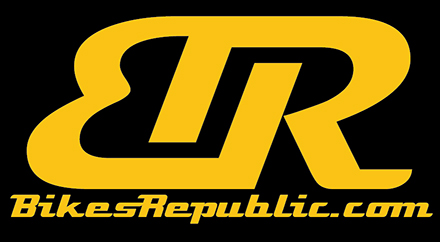The Computerized Vehicle Inspection Centre (Puspakom) admitted that it does not have a specific mechanism to detect commercial vehicles that use rented spare parts to obtain approval during inspections.
Puspakom is clear that this situation makes it impossible for it to detect vehicles that try to cheat during inspections.
In this regard, it is currently holding discussions with authorities including relevant ministries to help Puspakom conduct inspections more accurately and in detail.
“We cannot detect the use of rented vehicle components such as tires, brakes, brake pads and so on, because they are quite common.
“However, we are in discussions with regulators and ministries to improve our processes. This step could lead to more accurate and thorough inspections involving the use of technology.
“For example, when we asked about the tire issue, even though we checked it, because the damage was caused by the brakes (axles), we did not have the ability to check that part.
“When we check the brake performance, we will check the effectiveness of the brakes and the tire performance,” he said.
The tire or other component replacement service to pass the Puspakom inspection, which was openly advertised on social media, became the focus after the tragedy that claimed seven lives in Melaka on December 23.
The crash that killed five members of a family, a tour bus driver and a passenger at Kilometer 204 of the North-South Highway heading north near the Ayer Keroh rest and service area, was believed to have been caused by a lorry’s front tire coming off and being in the middle lane of the highway.
Following that, the Road Transport Department (JPJ) launched a simultaneous Puspakom Shock Operation nationwide and detected heavy vehicles using old and unsafe dipped tires that were at risk of exploding at any time, and came to inspect the center in question.

















